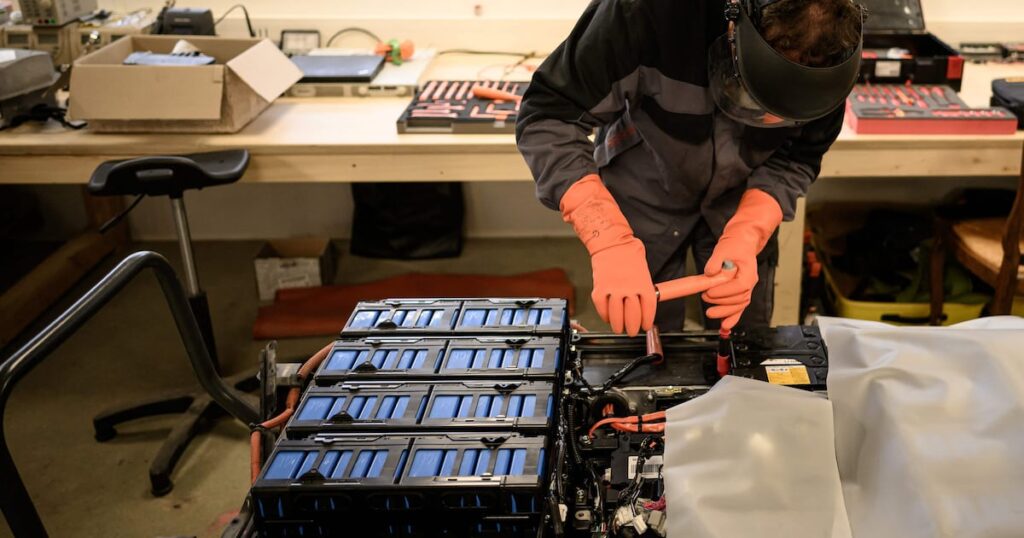Understanding the Lifespan and Future of Electric Vehicle Batteries
Q: I’ve recently purchased an electric vehicle and am curious about the battery’s longevity. Once the battery capacity diminishes, what alternatives do I have? – M Chambers, Co Dublin
A: If you’re the proud owner of a new electric vehicle (EV), battery lifespan is likely not an immediate concern. Modern EV batteries are designed to endure far longer than initially expected.
When the first Nissan Leaf and Mitsubishi i-MiEV models debuted in Ireland in 2012, fears abounded that their batteries might fail in just a few years, posing a costly replacement dilemma. However, these concerns have largely been unfounded.
According to telematics experts GeoTab, advancements in battery chemistry, construction, and management electronics have resulted in an average degradation rate of just 1.8kWh per year. This means EV batteries retain their capacity much longer than initially feared.
Moreover, new EVs come with substantial warranties. Typically, these warranties cover batteries for eight years or 160,000 kilometers, ensuring they maintain at least 70% of their original capacity within this period.
This warranty period aligns with the average vehicle age on Irish roads, meaning initial and even subsequent owners are unlikely to face battery issues. But what if a later owner encounters a depleted battery beyond the warranty?
Even in such cases, a battery exhibiting 70% capacity still retains significant functionality. Degradation is often uneven, affecting specific cells rather than the entire battery. These cells can be replaced individually, avoiding the expense of a full battery swap.
The cost of EV batteries is also decreasing. Current prices are around $130 (€115) per kWh, a significant drop from $780 per kWh in 2013. While not negligible, this price trend is favorable for future battery replacements.
When a battery does reach the end of its viable life, it doesn’t mean the entire vehicle is obsolete. Companies like Range Therapy in Co Kildare offer battery replacement services starting at around €7,000. Selling the old battery for a “second life” application can offset some of this cost.
Used batteries can serve as home energy storage systems, providing relief during peak electricity times or acting as backup power sources. This burgeoning industry of battery recycling and repurposing is poised to grow.
Eamon Stack from Range Therapy highlights the potential, noting the expected availability of 50,000 second-hand batteries annually in Ireland as EV adoption increases. These batteries can store surplus electricity generated at night, easing grid pressure during peak hours.
Recycling is another viable path. The materials in EV batteries—lithium, manganese, cobalt, and graphite—are recyclable, offering a sustainable advantage over fossil fuels. BMW is developing software to help owners track material prices in their batteries, potentially making recycling more attractive than trading in.
This approach allows for battery replacement and vehicle refurbishment at BMW dealerships, essentially renewing the car without the carbon footprint of producing a new one. Thus, while your EV’s battery will likely outlast your ownership, recycling and reusing options continue to expand, ensuring sustainability in the EV market.
Original Story at www.irishtimes.com
